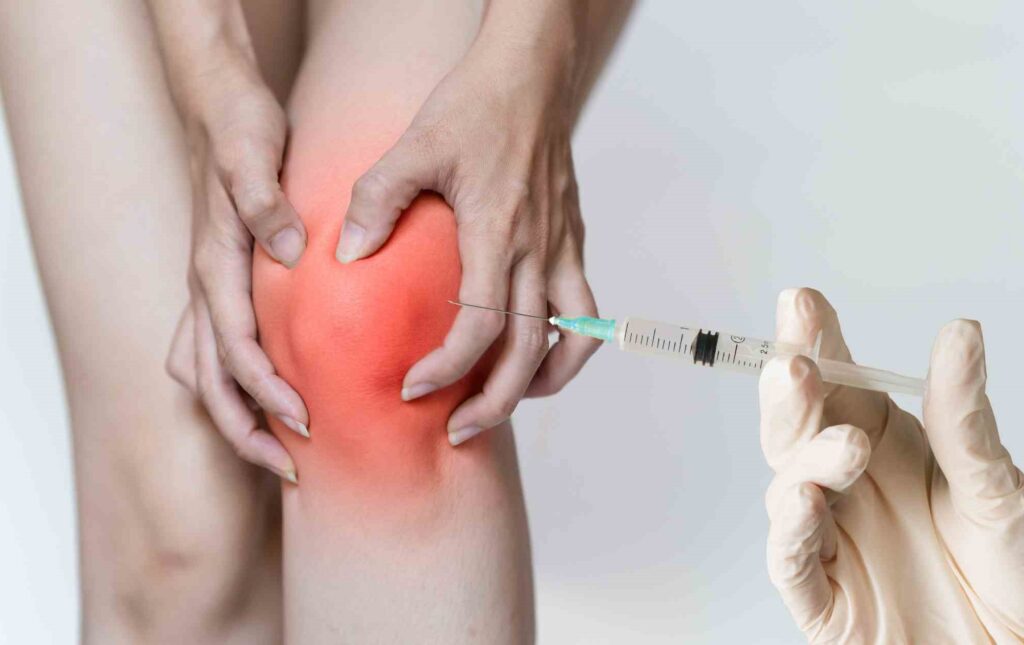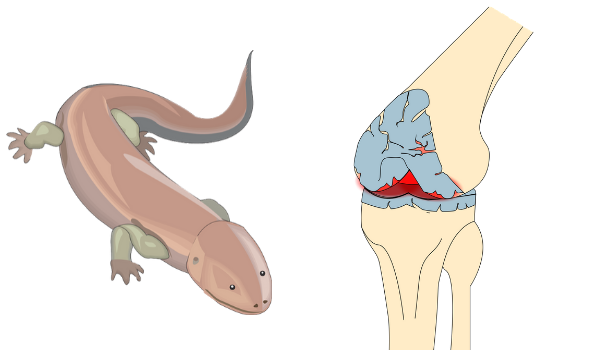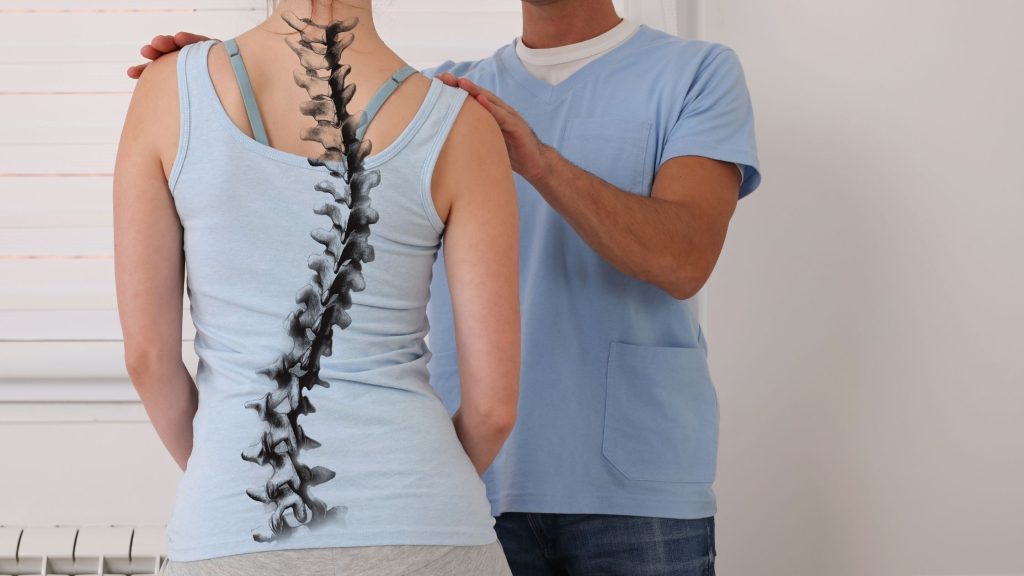
A new research points towards the possible cause of autism. The scientist has found that an elevated level of oestrogens in the uterus could play a role in the cause of autism.
The latest British research “Foetal oestrogens and autism”, that was published on 29 July 2019 in an online journal Molecular Psychiatry have found a link between increased level oestrogen in uterus and autism.
The discovery adds further evidence to support the prenatal sex steroid theory of autism first proposed 20 years ago.
What that research was all about? How it contributed to the current study?
Let’s try to find out.
All about previous study
In 2015, a team of scientists at the University of Cambridge and the State Serum Institute in Denmark measured the levels of four prenatal steroid hormones (including two known as androgens), in the amniotic fluid in the womb.
This amniotic fluid sample was collected from over 100,000 pregnancies and stored by Danish Historic Birth Cohort (HBC). This sample collection was done between the years 1993 and 1999.
The scientist discovered that these hormones were higher in male foetuses who later developed autism. These androgens are produced in higher quantities in male than in female foetuses on average, so might also explain why autism occurs more often in boys.
They are also known to masculinise parts of the brain, and to have effects on the number of connections between brain cells.
How new research links autism with increased uterine oestrogen?
Today, the same scientists have built on their previous findings by testing the same amniotic fluid samples.
They studied the amniotic fluid samples from the same 98 individuals sampled from the HBC which they have used for the previous study.
But this time researchers were curious for another set of prenatal sex steroid hormones called oestrogens.
This is an important next step because some of the hormones previously studied are directly converted into oestrogens.
Result of research
Scientist found that all four oestrogens ( Oestradiol, oestrone, oestriol and progesterone) were significantly elevated, on average, in the 98 foetuses who later developed autism, compared to the 177 foetuses who did not.
High levels of prenatal oestrogens were even more predictive of the likelihood of autism than were high levels of prenatal androgens (such as testosterone).
Contrary to popular belief that associates oestrogens with feminisation, prenatal oestrogens have effects on brain growth and also masculinise the brain in many mammals.
Expert speaks
Professor Simon Baron-Cohen, Director of the Autism Research Centre at the University of Cambridge, who led this study and who first proposed the prenatal sex steroid theory of autism, said: “This new finding supports the idea that increased prenatal sex steroid hormones are one of the potential causes for the condition. Genetics is well established as another, and these hormones likely interact with genetic factors to affect the developing foetal brain.”
Alex Tsompanidis, a PhD student in Cambridge who worked on the study, said: “These elevated hormones could be coming from the mother, the baby or the placenta. Our next step should be to study all these possible sources and how they interact during pregnancy.”
Dr Alexa Pohl, part of the Cambridge team, said: “This finding is exciting because the role of oestrogens in autism has hardly been studied, and we hope that we can learn more about how they contribute to foetal brain development in further experiments. We still need to see whether the same result holds true in autistic females.”
Conclusion
Prenatal oestrogen is elevated in boys who went on to develop autism.
However, the team cautioned that these findings cannot and should not be used to screen for autism. “We are interested in understanding autism, not preventing it,” added Professor Baron- Cohen.
The research was supported by the Autism Research Trust, the Medical Research Council, and Wellcome.
Article Source:
Article provided by University of Cambridge. The original story is licensed under a Creative Commons License.
Journal Reference:
- . Foetal oestrogens and autism. Molecular Psychiatry, 29 July 2019; DOI: 10.1038/s41380-019-0454-9
The author is a physiotherapist who has been practising for the last 17 years. He holds a Bachelor's in Physiotherapy (BPT) from SVNIRTAR (Swami Vivekananda National Institute of Rehabilitation and Research), one of the prestigious physiotherapy schools in India.
Whatever he learns dealing with his patient, he shares it with the world through blogs and e-books. He also owns a YouTube channel, "Sunit Physiotherapist" with over 8 lakh active subscribers. Here, he shares everything he gets to learn serving the patient.





